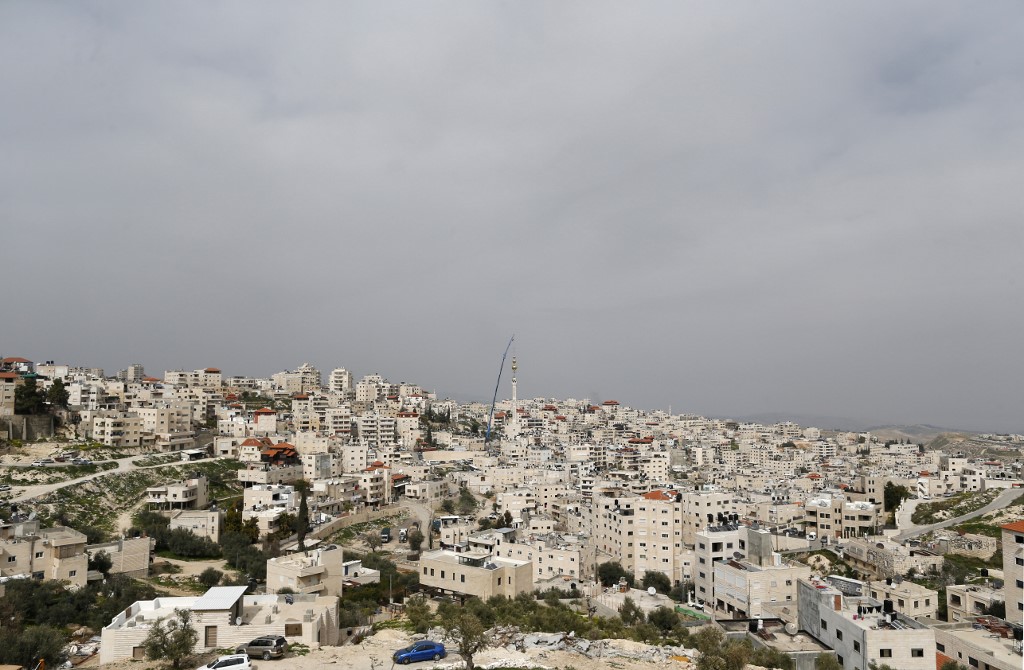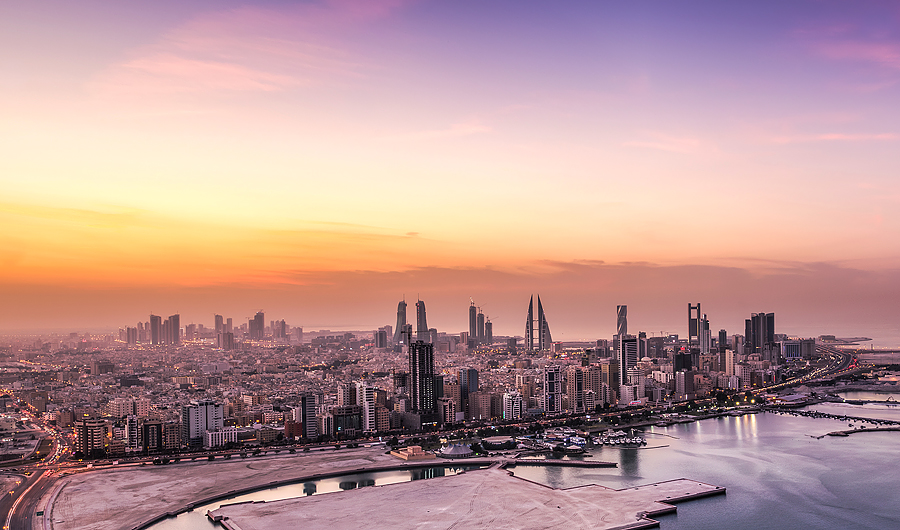MANAMA: Jared Kushner’s “workshop” aimed at securing economic prosperity for Palestine closed with optimistic forecasts from President Donald Trump’s special adviser that it could be the basis for a forthcoming political deal with Israel.
Kushner told journalists at a post-event briefing: “I think that people are all leaving very energized, very pleasantly surprised at how many like-minded people they see. It is a solvable problem economically, and the reason why we thought it was important to lay out the economic vision before we lay out the political vision is because we feel we need people to see what the future can look like.
“The Palestinian people have been promised a lot of things over the years that have not come true. We want to show them that this is the plan, this is what can happen if there is a peace deal.”
The next stage, before a political deal is attempted, will be to get feedback from the event and agree to commitments for the $50 billion package for Palestine and other regional economies.
“I think you need $50 billion to really do this the right way, to get a paradigm shift,” Kushner added.
US Treasury Secretary Steven Mnuchin said: “I could not be happier how this has gone,” adding that he was “highly confident we will soon have the first $4 billion. It’s going to be like a hot initial public offering.”
Most of the attendees at the event in Manama, Bahrain, gave Kushner’s economic proposals a serious hearing and agreed it was a useful exercise. Mohammed Al-Shaikh, Saudi minister of state, said: “Can it be done? Yes it can, because it was done before. In the mid-1990s to about the year 2000 there was a global coordinated effort by the US and other countries. I was at the World Bank at the time. I saw it. If we could do it then with significantly less money we can do it again.”
Others warned, however, that there was still a long way to go on the political aspects of the Israeli-Palestinian relationship. Tony Blair, the former British prime minister and Middle East peace envoy, said a political deal was essential.

“This is an economic plan that, if it is implemented, is going to do enormous good for the Palestinian people. But it isn’t a substitute for the politics. There will be no economic peace. There will be a peace that will be a political component and an economic component. The economy can help the politics and the politics is necessary for the economy to flourish.
“The politics has got to be right in this sense as well. The obvious sense people talk about is how do you negotiate the contours of the boundaries of a Palestinian state in a two state solution,” Blair said.
Christine Lagarde, managing director of the International Monetary Fund, highlighted the work the fund has done in conflict situations. “We had an exceptional result in Rwanda, and a good economic outcome in Mozambique,” she said. But she contrasted this with disappointing results in other African conflicts.
Lagarde said that the aim of the economic plan should be to create jobs. “The focus should be on job-intensive industries, like agriculture, tourism and infrastructure.”
Willem Buiter, special economic adviser to US banking giant Citi, said there were obstacles to the Kushner plan succeeding. “Necessary conditions for any progress are peace, safety and security. And there must be high-quality governance and the rule of law in Palestine,” he said.
HIGHLIGHTS
• Jared Kushner believes the conflict is a ‘solvable problem economically.’
• The senior adviser vows to lay out political plans at the right time.
• Expert urges external funding in the form of grants or equity, rather than loans.
He also suggested external funding should be in the form of grants or equity, rather than loans. “We should not burden a country trying to escape from its past with high debts,” he added.
Some attendees warned of the risks to investor funds in the current political situation in the Middle East.
But Khalid Al-Rumaihi, chief executive of the Bahrain Economic Development Board, said: “Risk is not new to the region. We’ve tackled it for the past 30 to 40 years, but that has not stopped investment flowing in.
“Investors trade risk for return, and the Middle East has learned to cope with risk and conflict. There are pockets where the risk is high and Palestine is one of them. But I remain positive. The return in the region is higher to compensate for the risk,” he added.
At a session of regional finance ministers, Mohammed Al-Jadaan of Saudi Arabia said: “The region is in desperate need of prosperity and hope. There is a way forward, but you need political commitment.”
UAE Finance Minister Obaid Al-Tayer added: “We are decoupling politics from economics. If it’s the only initiative on the table we should all give it a chance.”





